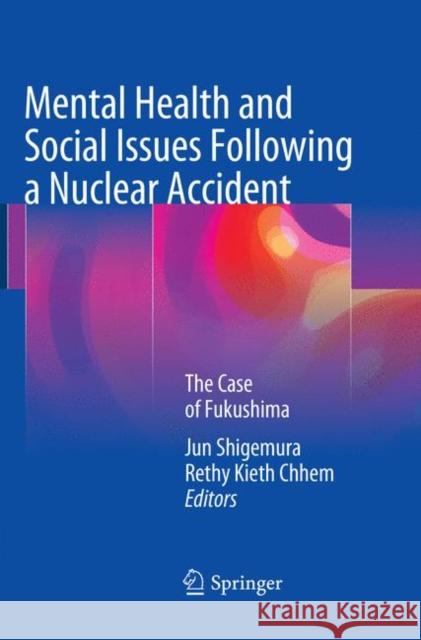Mental Health and Social Issues Following a Nuclear Accident: The Case of Fukushima » książka
topmenu
Mental Health and Social Issues Following a Nuclear Accident: The Case of Fukushima
ISBN-13: 9784431566786 / Angielski / Miękka / 2019 / 130 str.
Mental Health and Social Issues Following a Nuclear Accident: The Case of Fukushima
ISBN-13: 9784431566786 / Angielski / Miękka / 2019 / 130 str.
cena 386,41 zł
(netto: 368,01 VAT: 5%)
Najniższa cena z 30 dni: 385,52 zł
(netto: 368,01 VAT: 5%)
Najniższa cena z 30 dni: 385,52 zł
Termin realizacji zamówienia:
ok. 20 dni roboczych.
ok. 20 dni roboczych.
Darmowa dostawa!
Kategorie BISAC:
Wydawca:
Springer
Język:
Angielski
ISBN-13:
9784431566786
Rok wydania:
2019
Wydanie:
Softcover Repri
Ilość stron:
130
Oprawa:
Miękka
Wolumenów:
01











